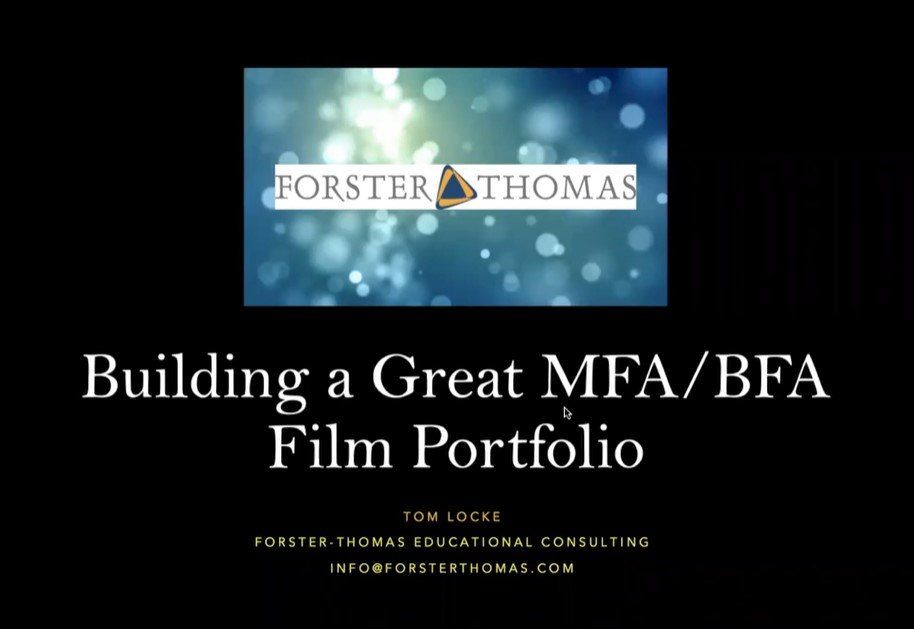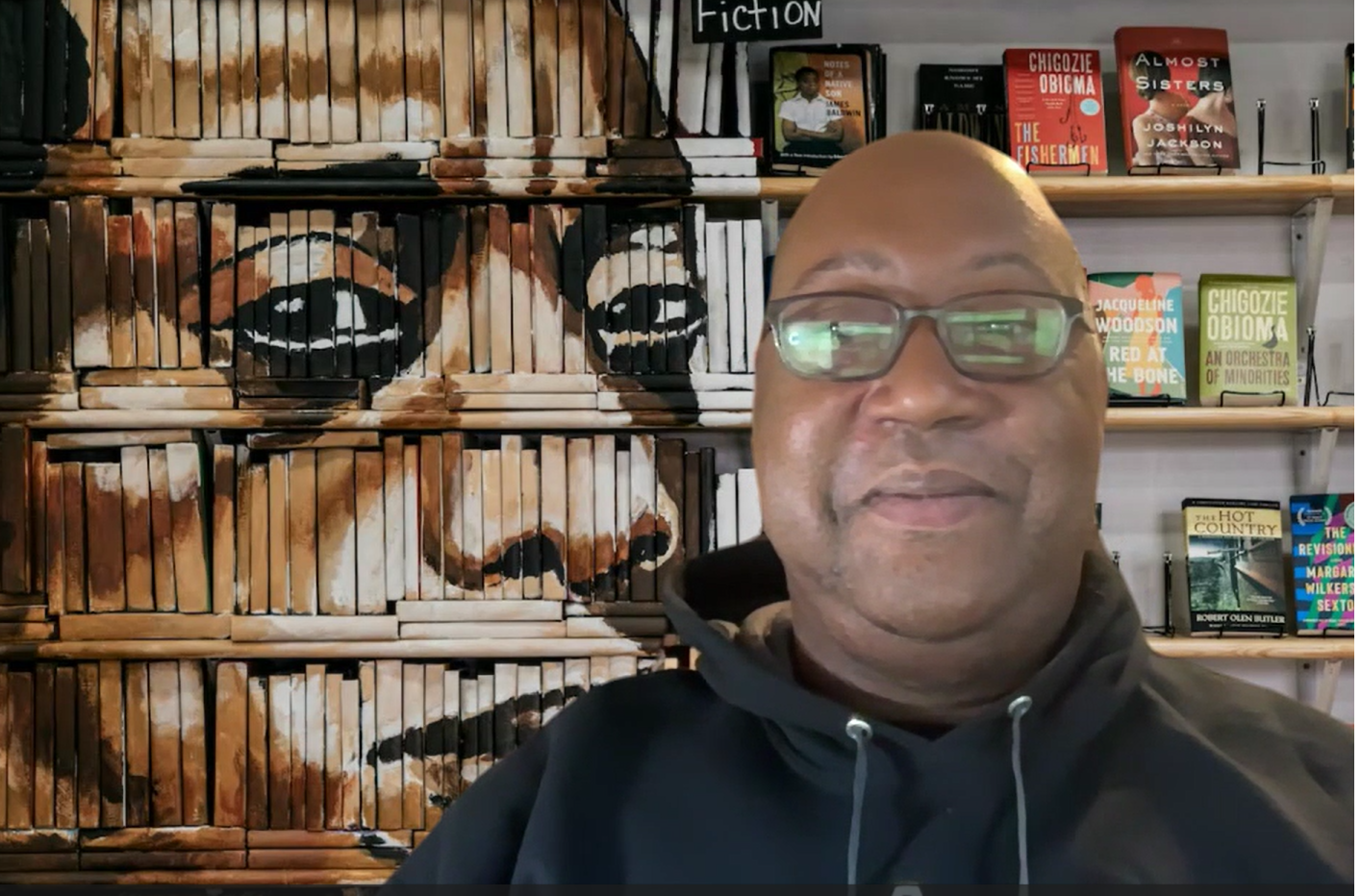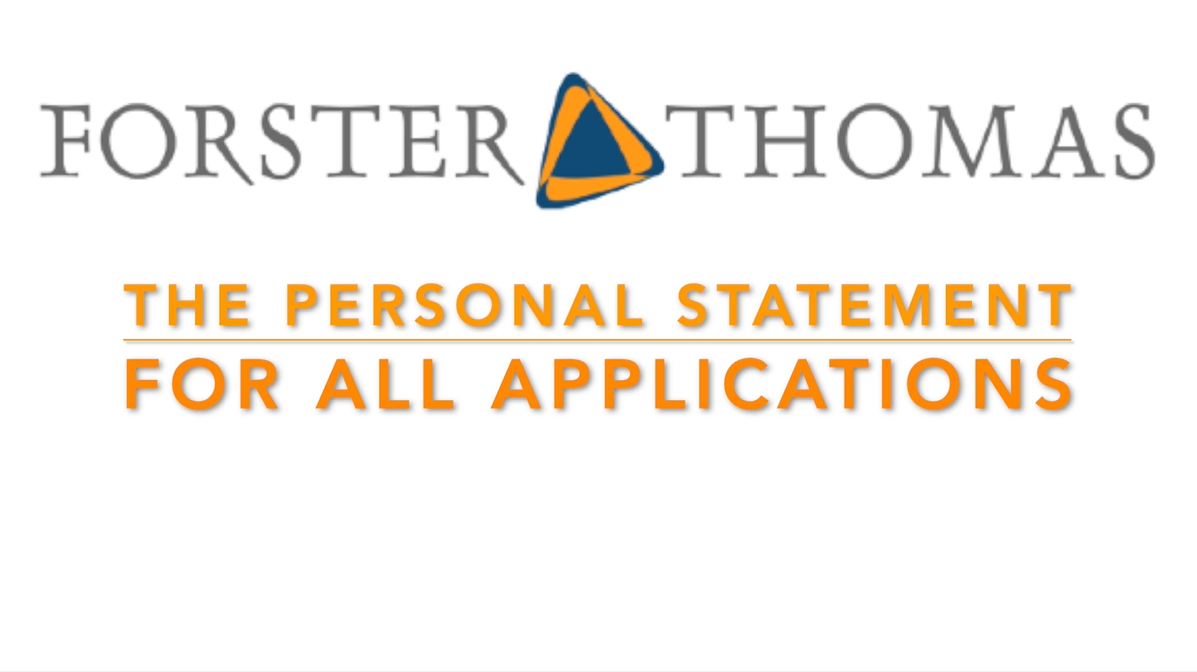Sophomores and Juniors, it’s time to start looking into your plans for next summer. January is not too early. This is not something you want to put off—especially if you are considering applying to a strong, top-level summer program. Many of the deadlines are in March or even earlier, and many of these applications have “rolling” admissions: essentially, first-come first-served.
There are basically three types of summer opportunities: Academic, Experiential, and Jobs/Internships.
An Academic Program is one in which you will take classes at a pre-college program, usually on an actual college campus. An Experiential Program is one in which you will travel to or participate in an unusual program where you are making a difference in the world, developing independence and leadership, and showing your interest in moving outside your comfort zone. A Job or Internship reveals your ability to be a responsible, committed individual who knows how to work in a team and are willing to do the grunt work necessary to get to take on the grind of life without objection or complaint; it’s also an opportunity to make a difference by adding value to a team.
Here are more details about each type of summer opportunity:
Academic or Pre-college Programs:
Just type “College Summer Programs for College-Bound teens” and you find an endless array of possibilities. Don’t limit yourself to nearby colleges or universities unless you need to live at home while you study. There are programs for every type of interest you want to explore. Some ideas: You might investigate applying for NYU’s Tisch Summer High School program if your interests are in the performing arts, gaming, or filmmaking. Other ideas are courses like Social Justice at Penn, AI Robotics: Machine Learning and Programming at YALE, or the Stanford Pre-Collegiate Summer Institute in Business and Entrepreneurship. If you are an artist, you could check out SCAD Rising Star or SCAD Summer Seminars. Or maybe you want to go academically global and apply to Oxbridge Summer Programs on college campuses around the world. Remember, some are college credit-bearing, others are non-credit immersive academic experiences. Make sure you check carefully. But don’t worry about whether you get college credit for the coursework: What really matters is that you’re exploring your academic interests in a college setting, not whether you get official college credit.
Experiential Programs:
An Experiential Program, like
NOLS,
Outward Bound,
Overland, or
Where There Be Dragons are summer programs that inspire and empower you to become a leader in your community. These are designed to help you break through the fears and anxieties you may have about taking on everything from challenging social and emotional matters you are currently facing as you take on rigorous activities in school or in your community. Essentially, they are designed to break you out of your shell and/or up your game when it comes to being a leader or a person who will truly give back to a college community—the things that colleges really love when making final admissions decisions.
Jobs/Internships:
These show your ability to be accountable, show up on time, be responsible, and work in a team for a specific goal—and they definitely reveal an important characteristic loved by colleges: HUMILITY! There are so many possibilities in this category. For example, you can search the internet for things like the Oxbow Summer internships or simply search “summer internships in my area.” Another starting point is asking your parents and your friends’ parents: tap into your networks! And don’t feel like you need to reach for the stars: humility, with respect to jobs, is something you can learn through paid employment. In fact, one of the best jobs is being a waiter over the summer. There is nothing more effective in college admissions than showing responsibility, humility, and multitasking like being a server at a restaurant—even working at McDonald's. Yes, I said McDonald's. You laugh, scoff, or roll your eyes at the idea? One of my most high-achieving students who was accepted to many selective colleges spent the summer in the grime and grit behind a fast-food counter. The same goes for many of my average students over the years. Nothing says: “I work hard” like a summer where you learn to smile and say, “Would you like fries with that?”
Evan Forster
Founder
Forster-Thomas Educational Consulting




All Rights Reserved







